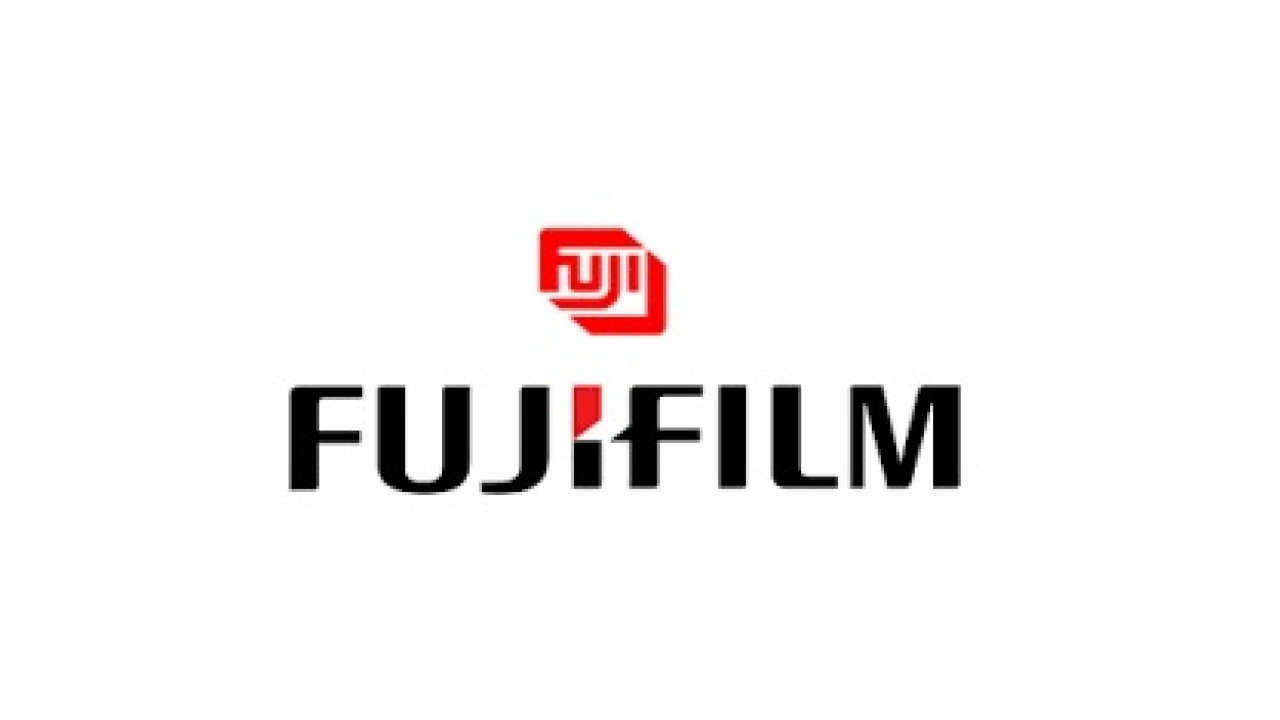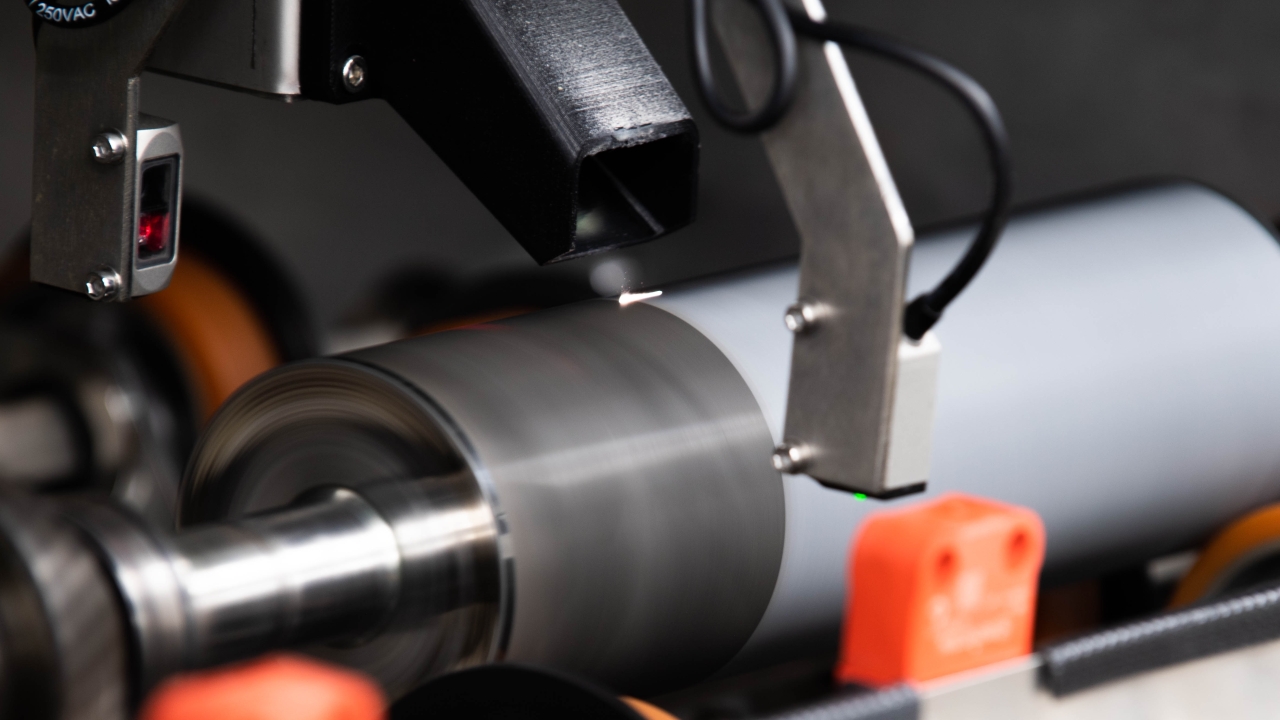Four Lakes Label cites costs savings with Fujifilm plates
Four Lakes Label has stated that by using Fujifilm’s Flenex FW water-washable plates and Flenex C-Touch 2530 Water-Wash Flexo Plate Processor, the tag and label manufacturer has seen a significant cost-savings.

Four Lakes Label, located in Sun Prairie, Wisconsin, is a division of Western States Envelope & Label. It produces food and medical labels across a range of 85 stocks, including reflective, metallic, semi-gloss, matte and film. Sun Prairie is the central hub for the five other sites under Western States Envelope & Label, providing support in customer service, imaging, production, and shipping.
‘Flenex has transformed our business,’ said Ryan Nelson, imaging manager at Four Lakes Label. 'We are experiencing enhanced print capability, and our Flenex plates are consistently holding a .08 percent dot, up to a 95 percent dot linear. This results in extended color gamut and additional detail in highlight and quarter-tone values, which all but eliminates prep-manipulation for minimum dot. With 175 lpi, one percent dot, and superb dot structure, Flenex delivers consistent ultra-high quality prints.
‘With Flenex, we are making plates in about 32 minutes, compared to over 45 minutes with our previous thermal technology.’
With the capability of holding finer dots and better ink transfer, Four Lakes Label is also decreasing its ink costs, as less ink is used during lay down less ink, with better coverage according to Nelson. Shorter set-up times, less make ready, less material waste and overall faster processing times all add up to a positive impact on Four Lakes Label’s bottom-line, Nelson said.
‘By using all UV inks for four color printing on press, we can hold better densities, have clearer, crisper printing and consistency between shifts,’ he said. ‘We also save time on press by not having to struggle with density and allows for faster make-readies. Our projected annual cost-savings compared to our previous process is 50 percent.’
Stay up to date
Subscribe to the free Label News newsletter and receive the latest content every week. We'll never share your email address.

